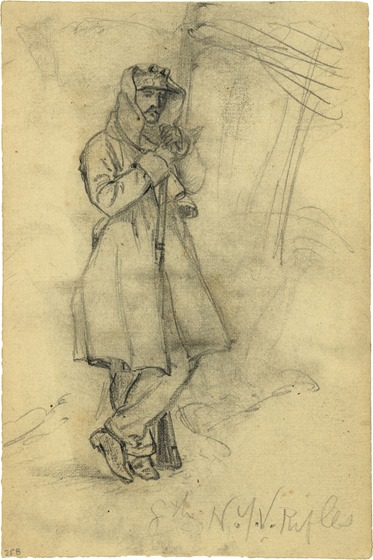Wednesday, May 13th. Left Montgomery in a crowded train of cars; when we reached the coal station found a suspicious personage, of whom the guard took charge; he had no papers and said he was a substitute for a nephew of Dr. Green, of Fort Valley, and that his papers were in possession of a squad who had left him at Montgomery, he having some other friends there, and becoming too convivial to leave. He said he had paid a policeman one hundred dollars to let him out and then walked to the coal station. I wrote a letter for him to Dr. Green, explaining the circumstance and askings his assistance. This little affair gave the curious some excitement.
About the time I reached West Point a gentleman named J. J. Thrasher, of Atlanta, introduced himself and made inquiries about Mrs. Nelson, wife of Col. Allison Nelson, or “Mary,” as he affectionately termed her. He seemed to know all about the family and gave me their history and said their father, Mr. Green, was one of his best friends. He also asked after Mr. Knight; spoke very highly of him and said that his father, his uncles and aunts, Mr. and Mrs. Mangum and Avery, had all died within the last three months. I gradually became sociable enough with Mr. Thrasher and his daughter to enjoy their lunch very much, the first delicacies of the kind that I have seen since I left Texas.
Soon afterwards a very kind old gentleman named John A. Broughton asked me to take a seat by him, and informed me that he had once been to Texas and farmed in Fayette county, but concluded to return. He is about the third man I have met who was ever able to get away from Texas after being once fixed there. He is, however, worth a million of dollars and has only two children. He offered me money and divided his lunch with me. I parted with him at Madison about 12 o’clock at night.
The cars being very much crowded, I offered a neat looking person a seat by me. He seemed to be very communicative, and gave me a full history of his experiments in distilling, and of his daughter’s progress atNorthern schools, which he greatly .preferred to Southern. He told me his name was ——, and that he was a first cousin of Judge ——, of —— in Texas, whom I knew very well. He gave me a very minute account of the circumstances under which the Judge left Georgia. It amounted in substance to this: The Judge took part and assisted an editor in writing a very scurrilous article, commenting on the conduct of a state senator, Mr. ——. The senator was offended and was about, to call the editor to account for the article, when the editor shot and killed him, and Judge —— left because he feared that his testimony would convict his friend. My informant added further that it was thought by some that the trial would develop facts which might show Judge —— to be accessory to the killing, etc. This entire circumstance, of which I had heard vague and indefinite rumors in Texas, was related to me voluntarily, without a hint on my part that I had ever heard of it before, and without a question to draw him out particularly on the subject. He seemed to be very candid and loquacious on all subjects, and gave me a very minute history of his own domestic affairs.










